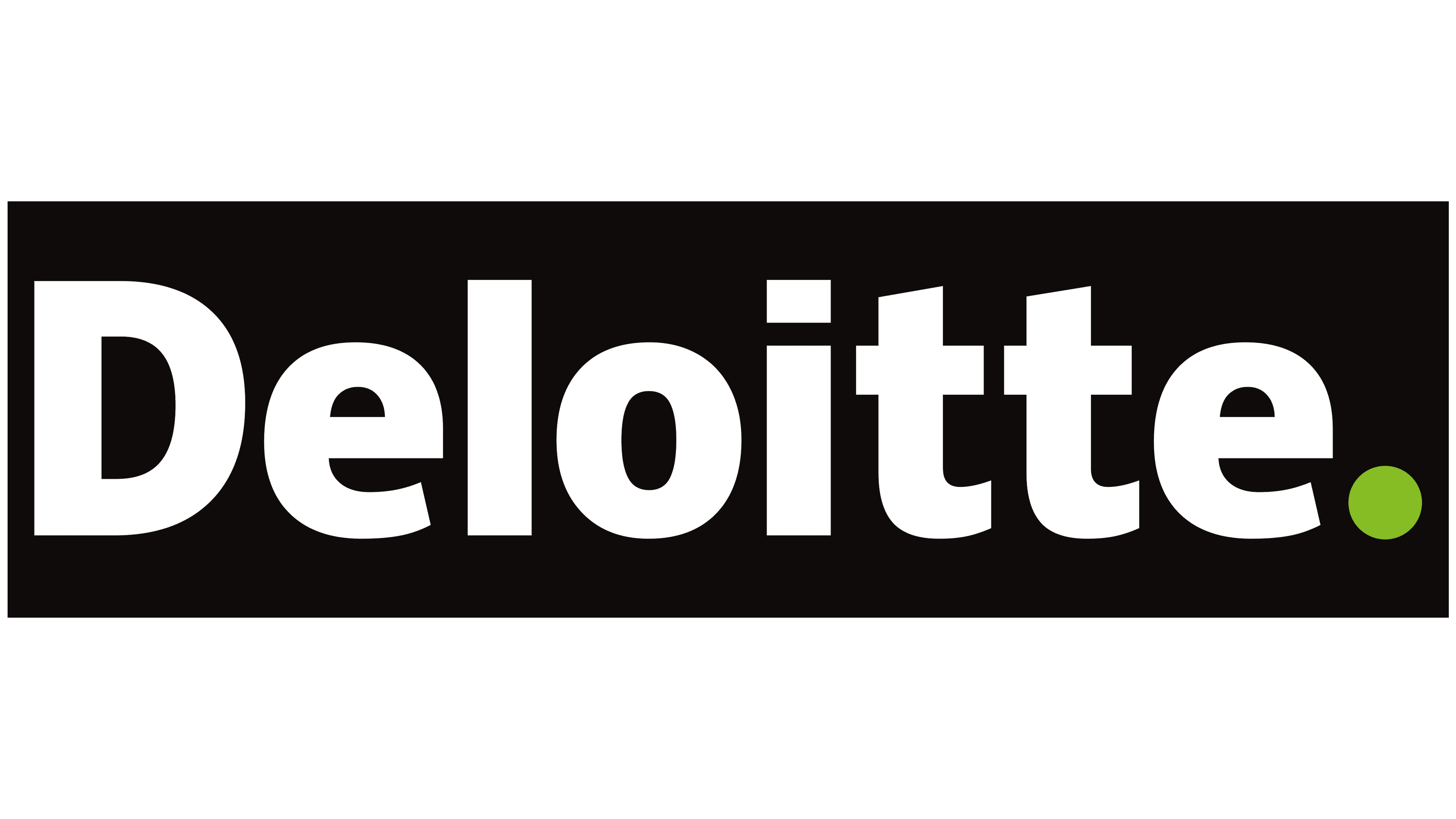Company Directory - Private Sector Partners
Company Details - Private Sector Partners

Private Sector Partners
An organization that collaborates with public entities to finance and manage infrastructure projects through public-private partnerships.
CCI Score
CCI Score: Private Sector Partners
-33.62
0.14%
Latest Event
Business Model Tied to Fascist Economic Model
The article argues that public‐private partnerships echo the economic programs of historical fascism by channeling private capital to serve state priorities. Given that Private Sector Partners operates in this space, its business model is implicitly linked to authoritarian economic models.
Take Action
So what can you do? It's time to make tough choices. Where will you cast your vote?
- Shop Alternatives
SEE ALL - Use Your Voice
OTHER TOOLS - Investigate
- Share the Score
SUPPORT CCI
TOADIE
Private Sector Partners is currently rated as a Toadie.
Latest Events
 APR112025
APR112025The article argues that public‐private partnerships echo the economic programs of historical fascism by channeling private capital to serve state priorities. Given that Private Sector Partners operates in this space, its business model is implicitly linked to authoritarian economic models.
-70
Economic Collaboration
April 11
The article criticizes the underlying model of public-private partnerships, describing them as reflective of a fascist economic program where private capital is directed to serve state priorities. Since Private Sector Partners' core operations rely on such partnerships, its business practices raise significant concerns regarding complicity in an authoritarian economic model.
Public-private partnerships based on fascist economic model.
 MAR052024
MAR052024A commentary published on March 5, 2024 by CHP.ca condemns public/private partnerships as a mechanism for merging state power with corporate interests, arguing that such alliances pave the way for authoritarian control. As a firm engaged in these partnerships, Private Sector Partners is implicitly connected to this growing trend that, according to the commentary, undermines democratic processes and free speech.
-50
Public and Political Behavior
April 11
The article argues that the merger of state authority and private enterprise, exemplified by public/private partnerships, contributes to a dangerous concentration of power that can stifle democratic debate and enforce a single, authoritarian narrative. This directly implicates companies like Private Sector Partners in facilitating such trends.
-40
Economic and Structural Influence
April 11
The commentary underscores that economic alliances via public/private partnerships consolidate power and create structural conditions ripe for authoritarian influence. Private Sector Partners’ involvement in such collaborations is seen as contributing to a system that favors centralized power and suppresses alternative narratives.
 DEC012017
DEC012017An opinion piece in the City-County Observer argues that public-private partnerships merge corporate and governmental power, contributing to a system of 'soft fascism'. The article suggests that companies engaged in these partnerships, such as Private Sector Partners, may undermine democratic processes by blurring the lines between public interest and profit-driven motives.
-50
Public and Political Behavior
April 11
The article critiques the merging of corporate power with governmental authority through public-private partnerships, arguing that such collaborations dilute democratic oversight and promote authoritarian modes of governance. This implicates companies like Private Sector Partners in contributing to a policy environment favorable to 'soft fascism'.
-30
Business Practices and Ethical Responsibility
April 11
Private Sector Partners’ involvement in financing and managing infrastructure through public-private partnerships is seen as prioritizing profit over democratic accountability. The article suggests that such business practices compromise the integrity of free market principles and ethical responsibility, potentially marginalizing ordinary citizens.
-40
Economic and Structural Influence
April 11
By engaging in public-private partnerships, Private Sector Partners contributes to a structural model where economic influence and policy-making become intertwined. This structural integration is criticized in the article for fostering an environment conducive to soft fascism, where authority is exercised indirectly through institutionalized corporate-government collaborations.
 JAN312017
JAN312017The 2017 article argues that Public-Private Partnerships serve as government-sanctioned monopolies that concentrate power, leverage government favors and undermine democratic processes through practices like exclusive contracts, tax breaks, and eminent domain abuses. Such practices implicate firms like Private Sector Partners that operate under this model, raising concerns about their complicity in fostering authoritarian economic structures.
-70
Public and Political Behavior
April 11
The article portrays Public-Private Partnership models as tools that facilitate collusion between government and corporations, undermining democratic accountability. This practice, which allows companies to secure monopolistic privileges and influence public policy, aligns with authoritarian control tactics.
Public/Private Partnerships: Government-Sanctioned Monopolies
-60
Business Practices and Ethical Responsibility
April 11
By engaging in partnerships that grant special favors such as tax breaks, non-compete clauses, and the use of eminent domain, companies risk perpetuating unethical business practices and a lack of transparency, which can exacerbate social and economic inequalities.
Public/Private Partnerships: Government-Sanctioned Monopolies
-50
Economic and Structural Influence
April 11
The article describes how Public-Private Partnerships allow companies to secure economic advantages and monopolistic control over vital infrastructure, thereby distorting market competition and reinforcing centralized, top-down control mechanisms that can support authoritarian governance.
Public/Private Partnerships: Government-Sanctioned Monopolies
 JUN202012
JUN202012An opinion piece published on 2012-06-20 argues that public-private partnerships are not genuine privatization but rather a deceptive form of corporatism that enables authoritarian control, implicating companies engaged in such deals as complicit in facilitating fascist practices.
-50
Public and Political Behavior
April 11
The article contends that public-private partnerships enable a merger of state and corporate power, allowing political leaders to maintain control while shifting accountability onto private firms. This dynamic undermines democratic accountability and is framed as a form of fascism, thereby reflecting negatively on companies pursuing such models.
-40
Economic and Structural Influence
April 11
The article highlights that the economic structure of public-private partnerships creates a scenario where private entities benefit from state-backed monopolies and reduced competitive pressure, which undermines market innovation and burdens taxpayers. This consolidation of economic power is seen as reinforcing structural authoritarianism.
Alternatives

Corporation
-39.57

United Kingdom
76.32

Washington, D.C., United States
40.00

Munich, Germany
39.30
Boston, United States
22.88
London, United Kingdom
18.48

New York City, United States
15.54

New York City, United States
14.28
Amstelveen, Netherlands
8.57

New York, United States
5.00
Industries
- 541611
- Administrative Management and General Management Consulting Services
- 541618
- Other Management Consulting Services
- 523930
- Investment Advice